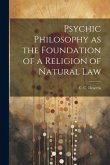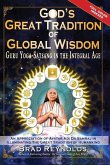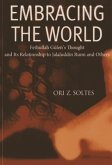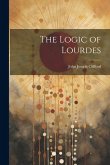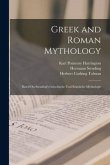"Through Nature to God" is a philosophical work by John Fiske, first published in 1899. Fiske was an American philosopher, historian, and popular lecturer who explored the intersections of science, philosophy, and religion. In this book, he examines the relationship between nature, human consciousness, and the concept of God. The central thesis of "Through Nature to God" revolves around the idea that the study of nature, particularly through the lens of evolutionary theory, can lead one to a deeper understanding of spiritual truths and the existence of God. Fiske argues that the natural world, as revealed by scientific inquiry, exhibits a remarkable order and complexity that suggests the presence of an intelligent designer. Drawing on the principles of Darwinian evolution, Fiske posits that the development of life on Earth is not random or chaotic but follows a pattern of gradual progression and adaptation. He sees this process as evidence of a divine plan at work, guiding the evolution of the cosmos toward higher levels of complexity and consciousness. Fiske also explores the implications of evolutionary theory for traditional religious beliefs, arguing that science and religion are not necessarily in conflict but can be complementary ways of understanding the world. He suggests that a deeper appreciation of nature's wonders can enhance one's spiritual life and lead to a more profound sense of connection with the divine. Throughout the book, Fiske engages with a wide range of philosophical and scientific ideas, including the writings of Charles Darwin, Herbert Spencer, and other prominent thinkers of his time. He presents his arguments in a clear and accessible manner, making "Through Nature to God" a thought-provoking exploration of the relationship between science, spirituality, and human understanding.


